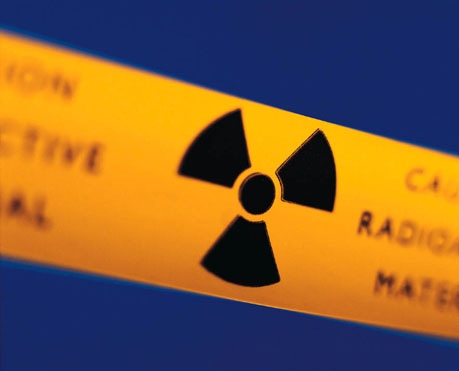March 22, 2011

As the Japanese continue to struggle to bring the already disastrous situation under control at the Fukushima nuclear power facility, and reports surface of radiation spikes in the Tokyo water supply, FDA has reacted swiftly to issue an import alert on all food coming into the United States from areas that have potentially suffered from excessive radiation exposure. This seems to be an important and prudent reaction to the situation designed to protect the health of the American public.
At the same time, we are seeing a proliferation of dietary supplement products purporting to offer protection from radiation poisoning. One company marketing such a product proudly issued a press release announcing that its resveratrol "provides resistance before and after exposure to hazardous radiation." FDA, again acting appropriately, has also warned the public to be wary of these products and their claims.
Other companies marketing products labeled as dietary supplements are offering 130mg doses of potassium iodide, which not coincidentally matches the dose available in the three FDA-approved potassium iodide OTC drugs with approved indications relating to protection of the thyroid gland from radioactive iodine. These products come onto the market in the face of two food additive regulations establishing that the maximum safe level for use of potassium iodide (21 CFR 172.375) or elemental iodine from kelp (21 CFR 172.365) in food is one which will "not result in daily ingestion of the additive so as to provide a total amount of iodine in excess of 225 micrograms" for adults and 105 micrograms for children under 4 years of age. These regulations both note their applicability to dietary supplements.
While I might be able to successfully construct a technical legal argument that a food additive regulation purporting to apply to dietary supplements is a nullity, the 225 microgram level for total safe dietary intake remains. The consequences of iodine poisoning can be extremely serious, and include seizures and shock.
To me, marketing of dietary supplements with doses in the milligram level rather than in micrograms, much less at levels matching the 130mg found in FDA-approved drugs, has the potential for serious ramifications in terms of an adverse effect on public health. I cannot fathom any basis for expecting dietary supplements marketed at these levels to be safe for consumer use. I'd love to hear from anyone associated with any company marketing a product like this on how they determined it was appropriate to sell these supplements other than in order to take advantage of a scared public.
About the Author(s)
You May Also Like




